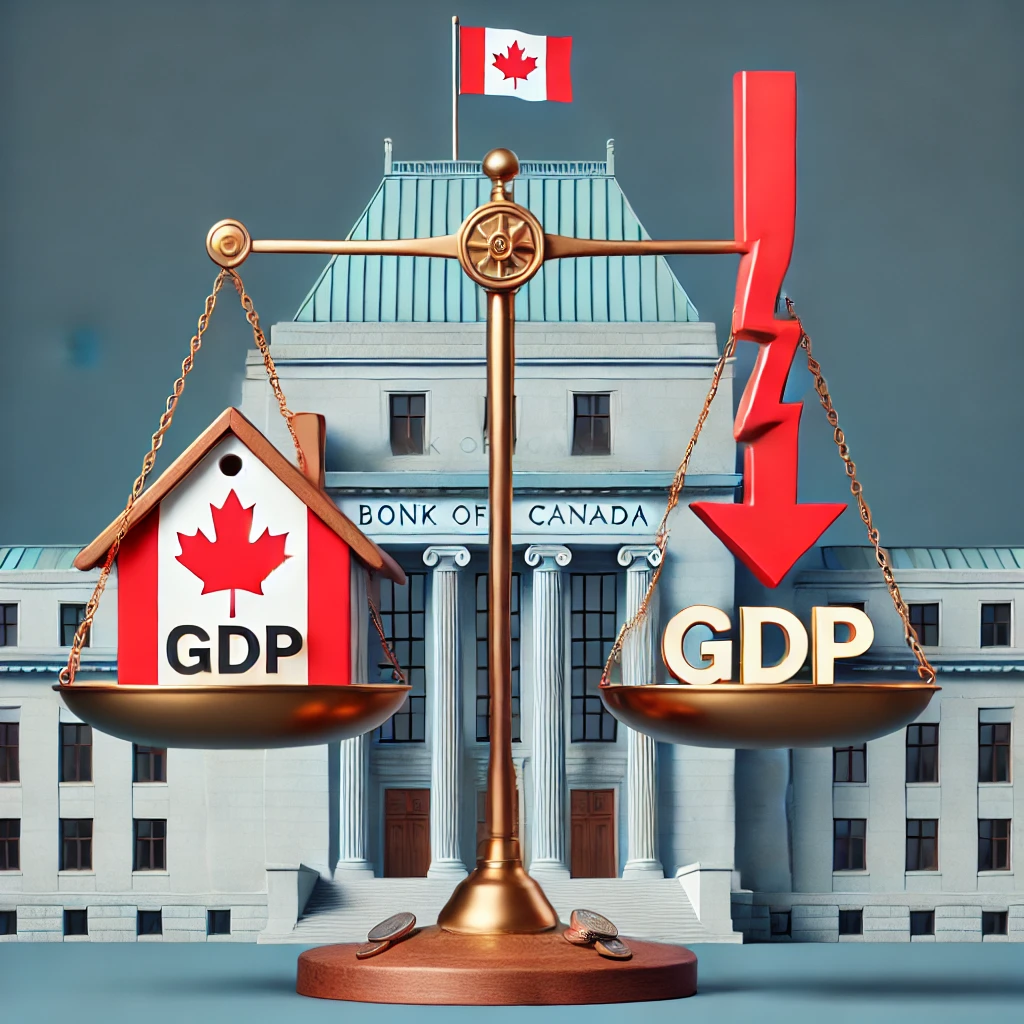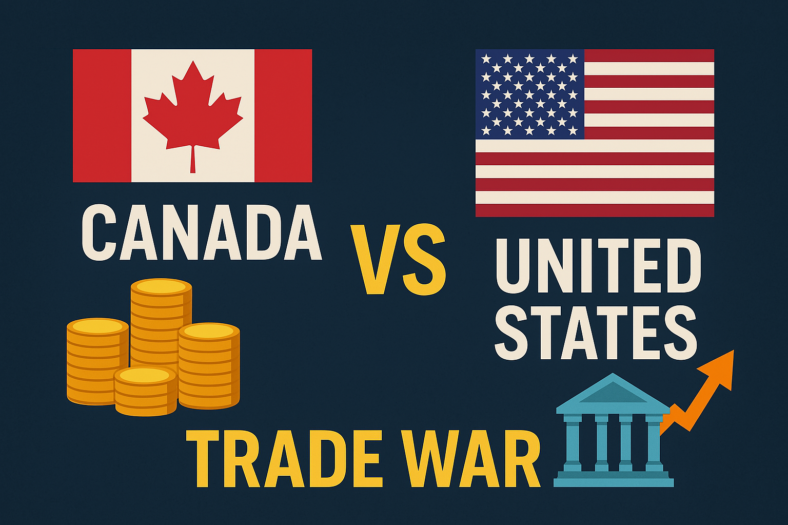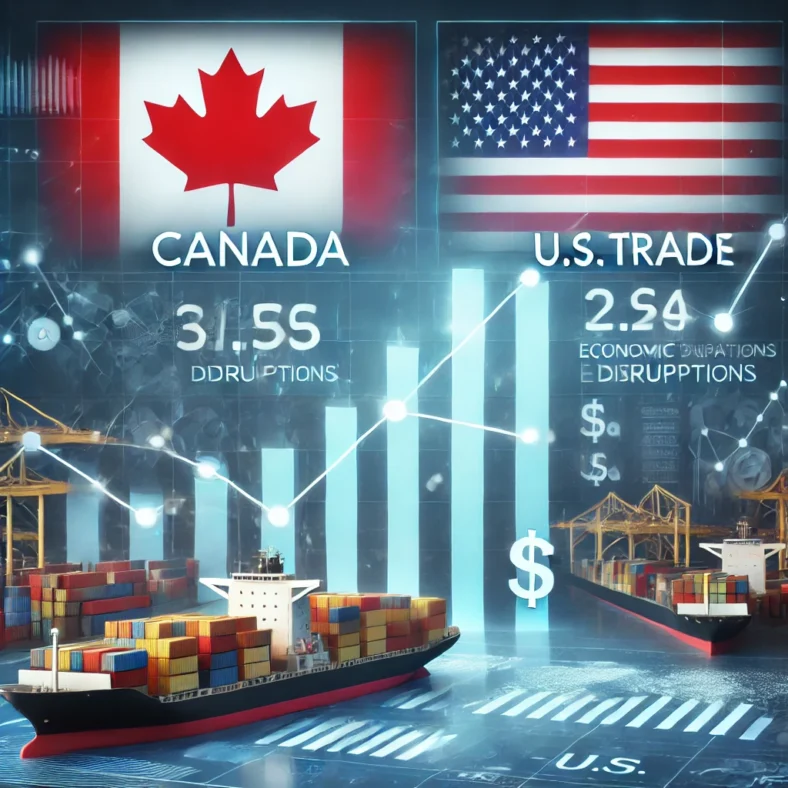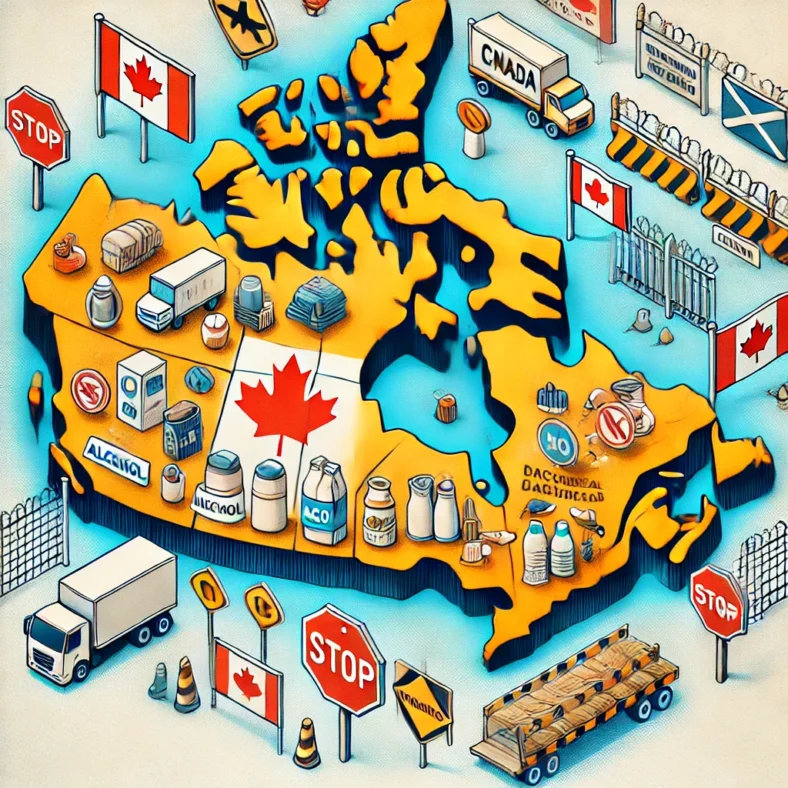Cooling Demand in the Housing Market
The Bank of Canada (BoC) has observed a reduced risk of the housing market overheating, primarily due to ongoing affordability challenges that are dampening demand. Elevated borrowing costs are playing a significant role in this trend.
Summary of BoC’s July 24 Deliberations
In its recent summary of discussions from the July 24 interest rate announcement, the Bank emphasized that high borrowing costs are cooling housing demand. Despite this, the Bank also acknowledged the persistent issues of affordability and supply constraints.
Potential Demand Increases and Current Concerns
Although falling mortgage rates and higher-than-expected population growth might boost demand, the Governing Council members believe this is less of a concern now. They noted that pent-up demand is unlikely to cause a sudden spike in house prices following interest rate cuts.
“Affordability challenges could have played a greater-than-expected role in dampening demand,” the summary noted. Additionally, more people might stay in the rental market, which could increase rent prices that have been easing recently.
Balancing Inflation and GDP Growth
The primary focus of the discussions was on managing inflation while supporting economic growth. The Governing Council members deliberated on several key topics:
Inflation
Latest data (June): Headline: +2.7%; CPI-Median: 2.6% (down from 2.7%); CPI-trim: 2.9% (unchanged)
The Council noted positive developments in inflation, with headline CPI remaining within the 1% to 3% range since January. Core inflation measures have also eased significantly since April. They expect core inflation to gradually reduce to around 2.5% in the latter half of the year, continuing to decrease into 2025.
GDP Growth
Latest data (May): +0.2% (above the estimate of +0.01%); flash estimate for June is +0.1%
Economic growth has been positive but slow, largely driven by population growth. On a per-capita basis, GDP appears to have contracted. The Council expects growth to accelerate in the second half of the year, with a forecasted rate of 2.25% over the next two years, driven by residential investment, consumption, and exports.
Employment
Latest data (June): +1,400 jobs (+1,900 part-time and -3,400 full-time); unemployment rate at 6.4% (up from 6.2%)
The Council anticipates that slack in the labour market will persist as labour force growth outpaces employment growth. The Canadian Survey of Consumer Expectations indicates increasing pessimism about job prospects and concerns over job losses, while the Business Outlook Survey shows fewer firms citing labour shortages.
Future Interest Rate Cuts
The consensus among the Bank’s Governing Council is that they may continue lowering interest rates if inflation eases as projected. However, progress could be uneven, and decisions will be made on a meeting-by-meeting basis.
“There was no predetermined path for the policy rate,” the summary stated, highlighting the uncertainties and various perspectives on future policy interest rate cuts.




















